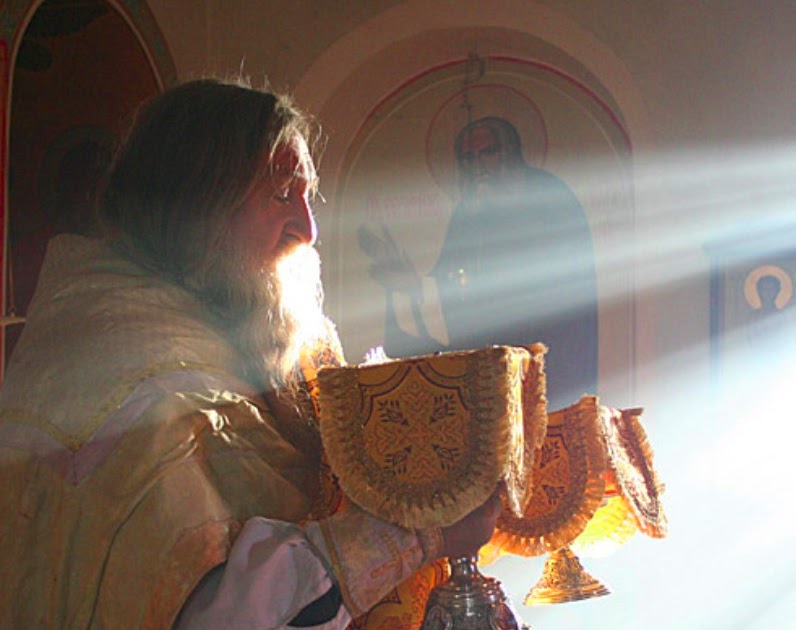- Feb 5, 2002
- 166,633
- 56,266
- Country
- United States
- Faith
- Catholic
- Marital Status
- Married
- Politics
- US-Others
Where to look for genuine ecumenism?” — Guest Article by Eastern Orthodox Theologian
PETER KWASNIEWSKI
NLM is grateful to Bishop Athanasius Schneider for giving us permission to publish this English translation of the following essay, written by a theologian with whom he is in friendly contact. It goes without saying that we do not endorse some of the ecclesiological claims contained herein, but the perspective is one that NLM is broadly sympathetic with. —PAK
“Where to look for genuine ecumenism?”
A reflection on the Roman Catholic Church’s liturgical reforms in an ecumenical perspective
Alexander Adomenas, Master of Theology
“That they may all be one” (John 17, 21)—these words of our Divine Teacher have been resounding with pain in the hearts of Christians for many centuries. Unfortunately, we did not fulfill the commandment of our Lord and were divided. The twentieth century showed that it is now the time, according to the word of Ecclesiastes, to “gather stones” (3, 5), the stones we Christians have scattered for twenty centuries. The holy Pope Gregory the Great (who in the East bears the name Dialogos) explains these words as follows: “The more the end of the world approaches, the more necessary it is that living stones be gathered for a heavenly building, until the building of our Jerusalem reaches its measure.” [1]For St. Gregory, “gathering stones” means gathering the people into the one Church of Christ.
However, we are well aware that one can “gather stones” in different ways, and, by trying to take up everything, one can be overburdened by their weight and lose even what one has collected. This article in the form of a reflection is a modest attempt by an Orthodox theologian to think about what path can be chosen for this “gathering of stones.”
The history of relations between Catholicism and Orthodoxy, unfortunately, is very sad. Mutual accusations, divergence at times in petty issues—all this happened. I will not give a theological assessment of these disagreements and centuries-old disputes.
Let me just say that what unites us is much more than what divides us. And now is precisely the time when, in the face of the ever-increasing secularization of mankind and the challenges the modern world poses to believers, we must find common ground so that everyone knows that we are disciples of Christ—Love Incarnate (cf. John 13, 35).
Over the past one hundred years, this attempt to reconcile Orthodoxy and Catholicism has received the name of the “ecumenical movement.” Many models of dialogue within this movement have been proposed, but all of them, unfortunately, have either reached or are reaching a dead end. The problem, in my opinion, is the wrong approach to the problem as such. Or rather, there is no core around which a dialogue can be built. And it seems to me that the ideal solution here is to appeal to a common heritage: the living history of the Church in the Holy Spirit.
Continued below.

“Where to look for genuine ecumenism?” — Guest Article by Eastern Orthodox Theologian
Sacred liturgy and liturgical arts. Liturgical history and theology. The movements for the Usus Antiquior and Reform of the Reform.

